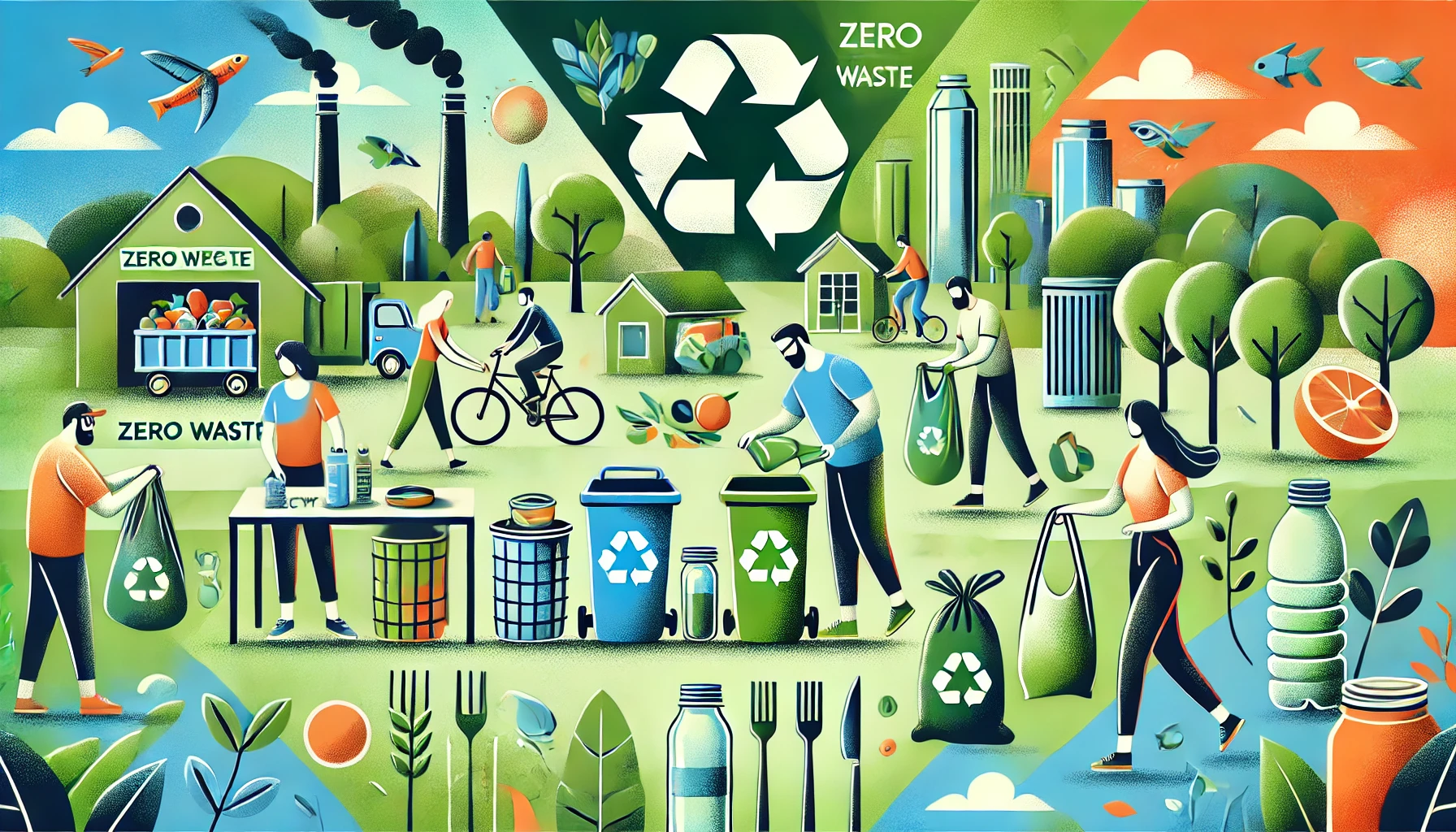What is zero waste?
Article Source: Understanding the Zero Waste Concept

Why you should care
With landfills overflowing and resources depleting, adopting zero waste practices is critical to reducing environmental harm and conserving materials. The concept pushes us toward a circular economy, where products and materials are reused, repaired, or recycled, minimizing waste and creating sustainable cities.
Answering the question… What is zero waste?
Zero waste is a philosophy and design principle aimed at eliminating waste by rethinking how materials are consumed and discarded. It focuses on resource recovery, product redesign, and lifestyle changes. The goal is to reduce waste sent to landfills by 90%, with many cities, like San Francisco, achieving diversion rates above 80%.
How was the study done?
The study examined global case studies, including municipal programs and community-led initiatives, to understand how cities implement zero waste practices. It evaluated waste generation patterns, recycling rates, and the effectiveness of policies promoting composting, reuse, and education.
What was discovered?
- Waste Diversion: Cities like San Francisco and Kamikatsu, Japan, have achieved waste diversion rates of 80–90% through robust recycling and composting programs.
- Economic Benefits: Businesses adopting zero waste saved $2 million annually by optimizing packaging and reuse systems.
- Key Practices: Community education programs, reuse initiatives, and strict landfill bans were critical to achieving zero waste goals.
- Policy Impact: Introducing "pay-as-you-throw" models reduced waste generation by 25% in some regions.
- Global Potential: If scaled, zero waste initiatives could cut global waste by over 50% and save $200 billion in disposal costs annually.
Why does it matter?
Zero waste is more than an environmental ideal; it’s a practical approach to resource conservation, economic savings, and reducing greenhouse gas emissions. By adopting zero waste practices, communities can foster sustainability, create green jobs, and protect ecosystems for future generations.
